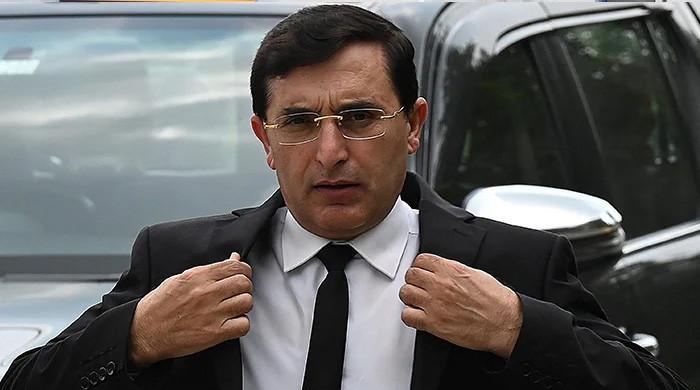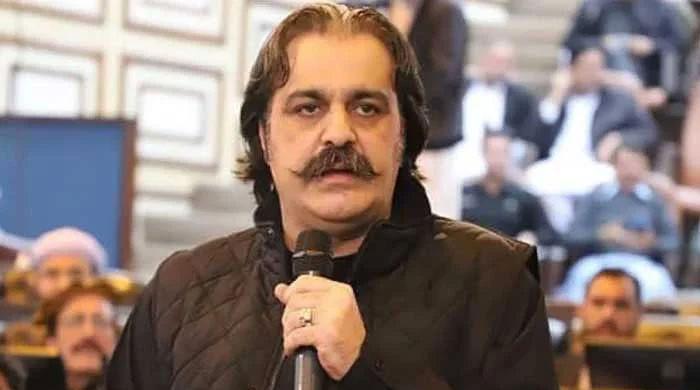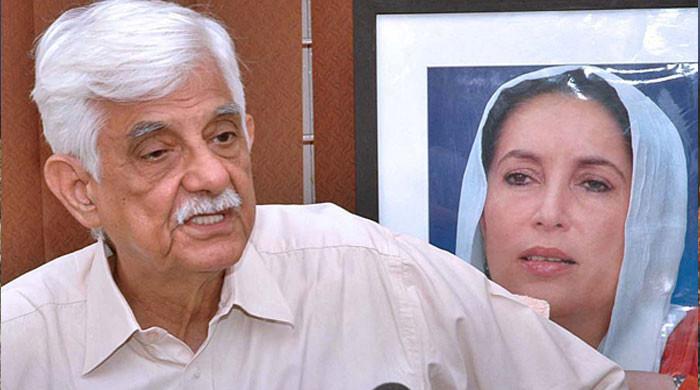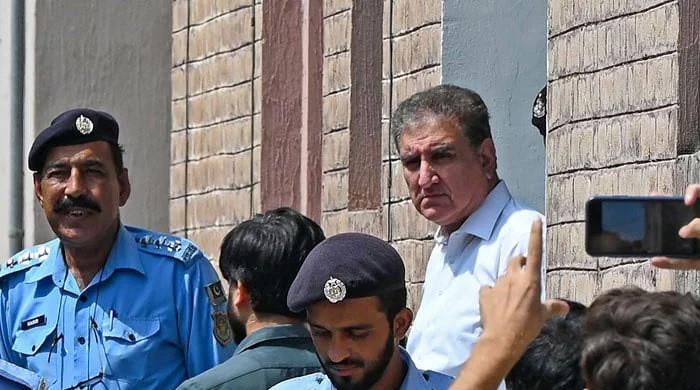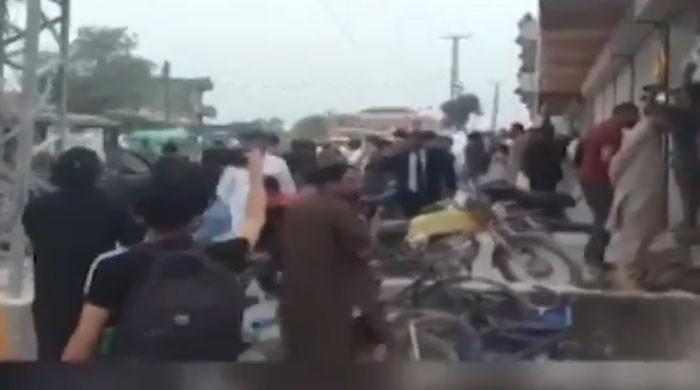NA to vote on bill formalising services chiefs' tenure
Defence committee unanimously approves bill, no changes suggested; NA voting on bill to take place on Monday
January 03, 2020
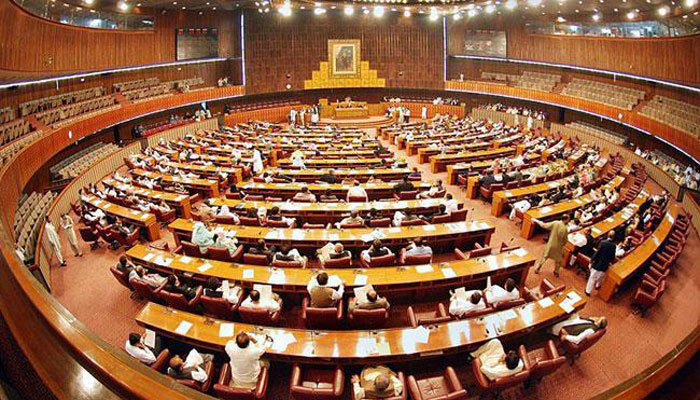
Federal Minister for Defence Pervez Khattak on Friday presented the amendment bills regularising services chiefs' appointment and tenure to Parliament after winning near unanimous backing of the opposition parties.
Khattak introduced the Pakistan Army (Amendment Act), the Pakistan Navy (Amendment Act) and the Pakistan Air Force (Amendment Act) separately, according to local media.
The bills were, under legislative procedures, initially referred to the Defence Committee, which according to Law Minister Farogh Naseem, accorded them unanimous approval.
The bills will now be presented in the National Assembly for approval on Monday, January 6.
The amendments sought through the bill seek to make future extensions of army, navy and air force chiefs 'airtight' as the bills state categorically that the decision to do so "shall not be called into question before any court on any ground whatsoever".
While the Pakistan Muslim League-Nawaz (PML-N) had decided to 'unconditionally support' the Army Act amendment, the Pakistan Peoples Party (PPP) had insisted that 'democratic legislative process' be followed as the bill is approved.
'Matter should not be politicised'
Special Assistant to Prime Minister on Information Dr Firdous Ashiq, while speaking about the army amendment bill the same day, said that a shortcoming in the law was being 'corrected' through the "people’s elected parliament”.
Talking to reporters outside the National Assembly, Awan said the matter is "a constitutional and legal issue and should not be politicised".
What amendments are being made to the armed services acts?
According to a copy of the Army Act (Amendment) Bill available with Geo News, an extension in the tenure of an army chief (and other services chiefs) will not be challenge-able in any court of law in the future if the bill is approved by both houses of Parliament.
Under clause 8-B of the bill, the president, on the advice of the prime minister, may “reappoint the Chief of the Army Staff for additional tenure of three (03) years, on such terms and conditions as may be determined by the president on the advice of the prime minister, in the national security interest or exigencies, from time to time”.
“Notwithstanding anything contained in this Act or any other law, or any order or judgement of any court, the appointment, reappointment or extension of the chief of the army staff, or the exercise of discretion by the appointing authority in this regard, shall not be called into question before any court on any ground whatsoever,' the bill states.
Also read: COAS service extension: Army Act amendment bill to make future extensions airtight
Cabinet approves amendments to bills
The federal cabinet, in an emergency meeting on Wednesday, had accorded its approval to the amendments required in the armed services acts under which the prime minister will be empowered to extend the tenure of all services chiefs, including the army, air force and naval heads.
Earlier, on Wednesday, President Dr Arif Alvi had convened a session of the Parliament's upper and lower houses on a 24-hour notice. The move was unexpected as the upper house of the legislature had not met for 124 days apart from a requisitioned session.
Also read: ECP issues list of lawmakers failing to disclose asset details
SC directs govt to legislate on COAS tenure
Back in November, the apex court had asked the government to legislate on an extension in the COAS's services within six months, allowing General Bajwa to stay in office until then, after briefly suspending the notification of the extension in his tenure.
Prior to that, PM Imran in August had approved the extension in the COAS's services through an executive order.
Also read: Govt files review petition in army chief extension case
Former chief justice Asif Saeed Khosa had in late November taken up a petition 'in public interest', challenging the extension in service of the COAS. A three member bench of the top court had heard the case.
Last month, after the top court issued the detailed verdict in the COAS case, the government had filed a review petition in the SC, pleading the court to form a larger bench to hear the case, and requesting it to keep the proceedings in-camera.




